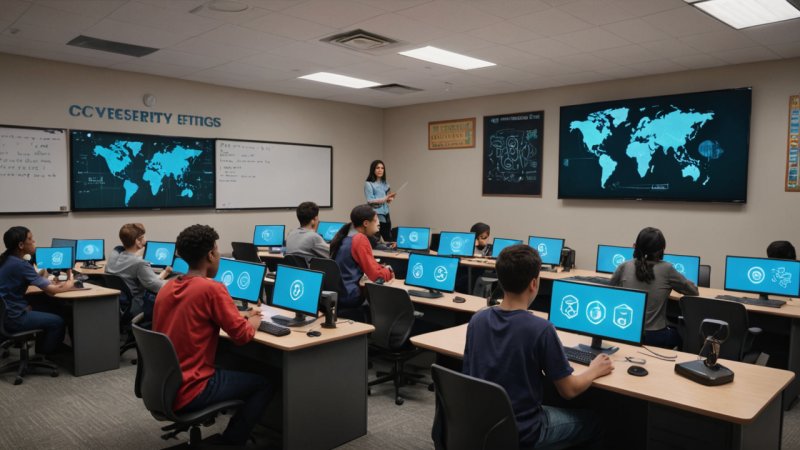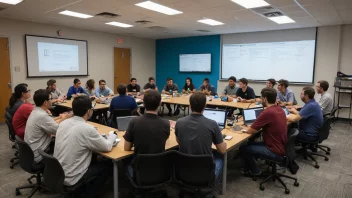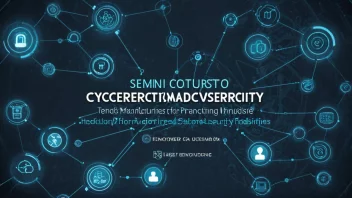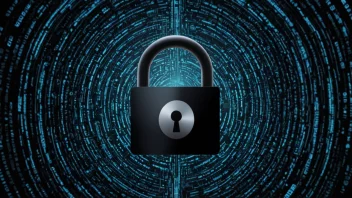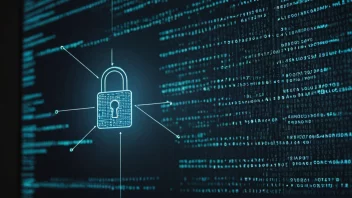What is Cybersecurity in Online Education?
Cybersecurity in online education refers to the measures and practices implemented to protect the digital information and infrastructure associated with e-learning environments. This includes safeguarding sensitive data of students and educators, ensuring the integrity of educational content, and maintaining secure communication channels.
Why is Cybersecurity Important for Online Education?
The importance of cybersecurity in online education stems from the increasing reliance on digital platforms for learning. With sensitive personal information, financial data, and academic records stored online, educational institutions must prioritize security to protect against breaches and cyberattacks.
What Are Common Cyber Threats in Online Education?
- Phishing: A method where attackers trick users into providing sensitive information by masquerading as legitimate entities.
- Ransomware: Malicious software that encrypts files and demands a ransom for decryption, potentially crippling educational operations.
- Data Breaches: Unauthorized access to sensitive data, which can lead to identity theft and loss of trust.
- DDoS Attacks: Distributed Denial of Service attacks overwhelm systems, causing disruptions to educational services.
How Can Educational Institutions Improve Their Cybersecurity?
- Regular Training: Conduct regular cybersecurity training for staff and students to recognize threats.
- Strong Password Policies: Implement policies requiring strong, unique passwords and encourage two-factor authentication.
- Regular Updates: Keep all software and systems updated to protect against known vulnerabilities.
- Data Encryption: Use encryption to protect sensitive data both at rest and in transit.
What Role Do Students Play in Cybersecurity?
Students play a crucial role in maintaining cybersecurity by being vigilant about their online activities. This includes using secure passwords, being cautious of suspicious emails, and reporting any unusual behavior in online platforms to their educators.
Are There Regulations Governing Cybersecurity in Online Education?
Yes, various regulations may apply to online education institutions, such as the Family Educational Rights and Privacy Act (FERPA) in the U.S., which protects student privacy, and the General Data Protection Regulation (GDPR) in Europe, which governs the handling of personal data. Compliance with these regulations is essential for safeguarding student information.
What Tools and Technologies Are Commonly Used for Cybersecurity?
- Firewalls: These provide a barrier between trusted networks and untrusted networks.
- Antivirus Software: Essential for detecting and removing malware.
- Intrusion Detection Systems: Tools to monitor network traffic for suspicious activities.
- VPNs: Virtual Private Networks help secure data transmission over the internet.
How Can Cybersecurity Awareness Be Fostered Among Students?
Educational institutions should promote cybersecurity awareness through workshops, online courses, and informational resources. Creating a culture of security where students understand the implications of their online behavior can significantly reduce risks.
What Are the Future Trends in Cybersecurity for Online Education?
Future trends may include the use of artificial intelligence for threat detection, increased focus on data privacy regulations, and the adoption of blockchain technology for secure credentialing and record-keeping. Institutions must stay informed about these trends to adapt their cybersecurity strategies accordingly.
